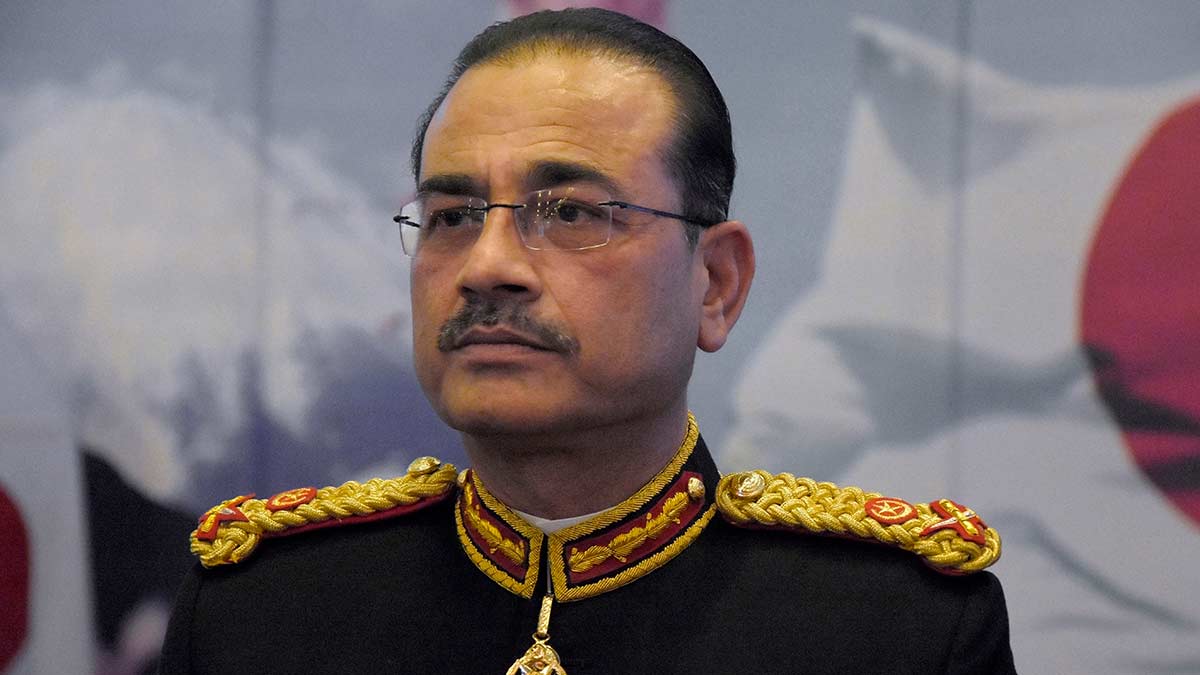What is Pakistan Army chief Asim Munir doing in US? Mystery shrouds five-day visit of COAS
 War over peace: General Asim Munir | AP
War over peace: General Asim Munir | AP
Chief of the Army Staff (COAS) of Pakistan Asim Munir's ongoing trip to the US, which has been described by media outlets in Pakistan as "primarily bilateral in nature", appears to be shrouded in mystery.
Earlier, there were media reports that claimed that Munir, who was recently promoted to the post of Field Marshal following the tense military stand-off between India and Pakistan, would attend the US Army's 250th anniversary parade in Washington. However, the White House officially clarified that no foreign military leader was invited to the event. "This is false. No foreign military leaders were invited," a White House official had told a media outlet.
According to Pakistani media outlets, Munir's visit is aimed at “reinforcing” the defence and strategic ties between the US and Pakistan. In the US, Munir was expected to meet with top US officials, senior military commanders and secretaries of defence and state.
According to Inter-Services Public Relations (ISPR), the public relations wing of the Pakistan armed forces, the COAS also interacted with the overseas Pakistan community in Washington.
ALSO READ: India-Pakistan conflict threshold lowest ever; we are all a lot less safe, claims Bilawal Bhutto Zardari
The visit of Munir to the US comes amid escalating tensions in the Middle East following Israel's large-scale airstrikes against Iran, targeting nuclear and military infrastructure and the latter's retaliatory actions.
Michael Kugelman, an American foreign policy expert specialising in South Asia, pointed out that the visit of Munir to the US has been complicated by the Israel-Iran conflict as although Pakistan wishes to cultivate good relations with the US, it has condemned Israeli strikes and is working to boost ties with Iran.
“For Gen Munir to be in the capital of Israel's closest ally and Iran's primary adversary at such a tense moment could lead to some uncomfortable conversations,” Dawn quoted Kugelman as saying.
According to Kugelman, the Israel-Iran conflict may cast a shadow on the visit as this would limit the engagement of the US officials with the Pakistani delegation.
Nonetheless, what is particularly intriguing about the visit is the complete lack of coverage by major international media outlets. While Pakistani media is abuzz with detailed reports and updates, leading Western news organisations remain conspicuously silent. This stark contrast in reportage raises questions about the reasons behind such selective coverage.
Defence